Follow us and share.
Omega 3: What It Is, What It's For, and Why Your Body Needs It
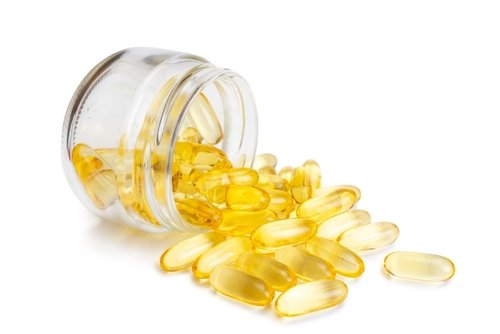
When we talk about essential nutrients for health, essential fatty acids Omega-3s have a privileged place. Among them, the best known are those from the omega-3 group, especially those found in certain fish, seeds, and supplements. These natural compounds They provide great benefits at the cardiovascular, cerebral and metabolic levels, and the best thing is that they can be easily obtained through food.
Did you know that our bodies can't make them on their own? That's why it's important to be familiar with them and make sure you include them in your daily diet.
📌 What are omega-3 fatty acids and why are they essential? ⬆️
The so-called polyunsaturated acids They are healthy fats that perform vital functions in the body. Within this group, we find three important types:
- ALA (alpha-linolenic acid): present in seeds such as chia and flaxseed.
- EPA (eicosapentaenoic acid): derived from marine sources.
- DHA (docosahexaenoic acid): essential for brain development and function.
These components are part of cell membranes, participate in neuronal communication, and are key in regulating inflammatory processes.
📌 Main functions in the human body ⬆️
The benefits of these healthy lipids cover multiple areas:
- 💓 Protection of the cardiovascular system: They help control cholesterol and triglyceride levels, reduce blood pressure and decrease the risk of coronary events.
- 🧠 Mental and cognitive health: They promote brain function, memory and concentration.
- 💪 Anti-inflammatory effect: They are used as support in chronic diseases such as arthritis.
- 👁️ Visual well-being: essential for retinal health.
- 🤰 Fetal development: Adequate consumption during pregnancy is linked to optimal neurological growth of the baby.
📌 Benefits backed by science of omega 3 ⬆️
Scientific evidence supports multiple uses of these nutrients:
- Reduction of cardiovascular risk, especially in older adults or those with risk factors.
- Improvement of the mood and reduction of depressive symptoms, especially in patients with low levels of EPA and DHA.
- Support for the treatment of attention deficit disorder in children, improving concentration and reducing impulsiveness.
- Regulation of the lipid levels in blood.
- Prevention of premature births and improvements in fetal neurological development.
Recent studies have also analyzed its effect on the control of neurodegenerative diseases such as Alzheimer's, showing promising results.
📌 Foods rich in healthy omega fats 3 ⬆️
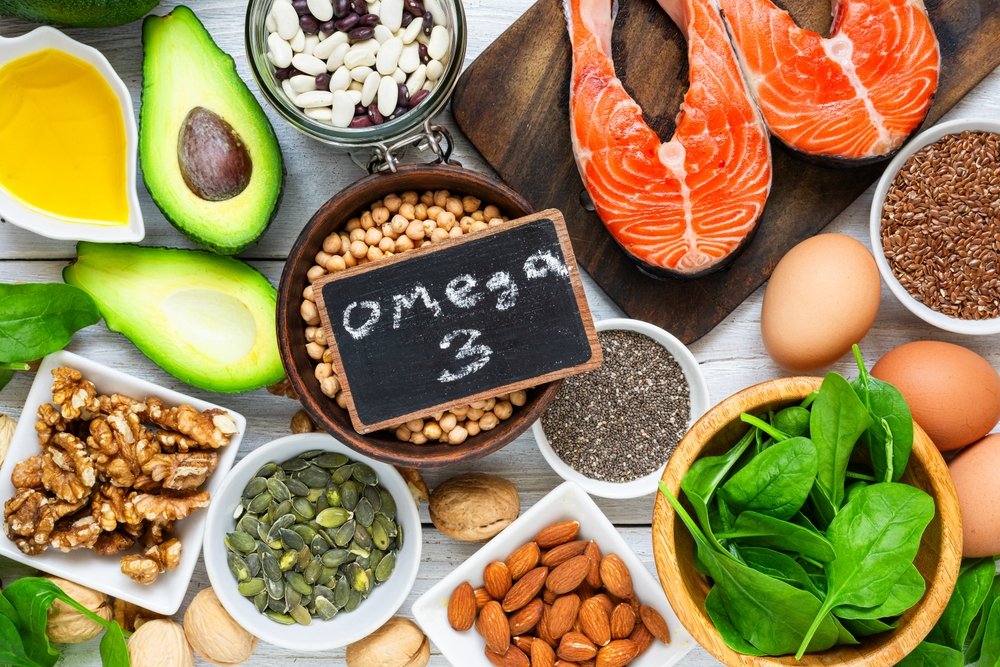
A balanced diet can provide the necessary levels without resorting to pharmaceutical products. Some of the best sources are:
- Cold water fish, such as salmon, sardines, tuna, mackerel and herring.
- Flax, chia and hemp seeds, ideal for vegetarian diets.
- Nuts, especially nuts.
- Seafood and oysters.
- Seaweed, increasingly used in healthy cooking.
- Vegetable oils such as flaxseed, walnut and canola.
Ideally, include fatty fish at least twice a week and supplement with plant-based sources daily.
📌 What is the recommended daily amount? ⬆️
Although there is no one-size-fits-all, there are general recommendations based on age and condition:
- Healthy adults: 250–500 mg of EPA+DHA per day.
- Pregnant and nursing mothers: 300–700 mg daily.
- Patients with a history of heart disease: up to 1 gram per day, always under medical advice.
ALA, which comes from plant sources, is only partially converted to EPA and DHA, so it is best not to rely exclusively on plant sources to achieve the full benefits.
📌 What about supplements? Are they necessary? ⬆️
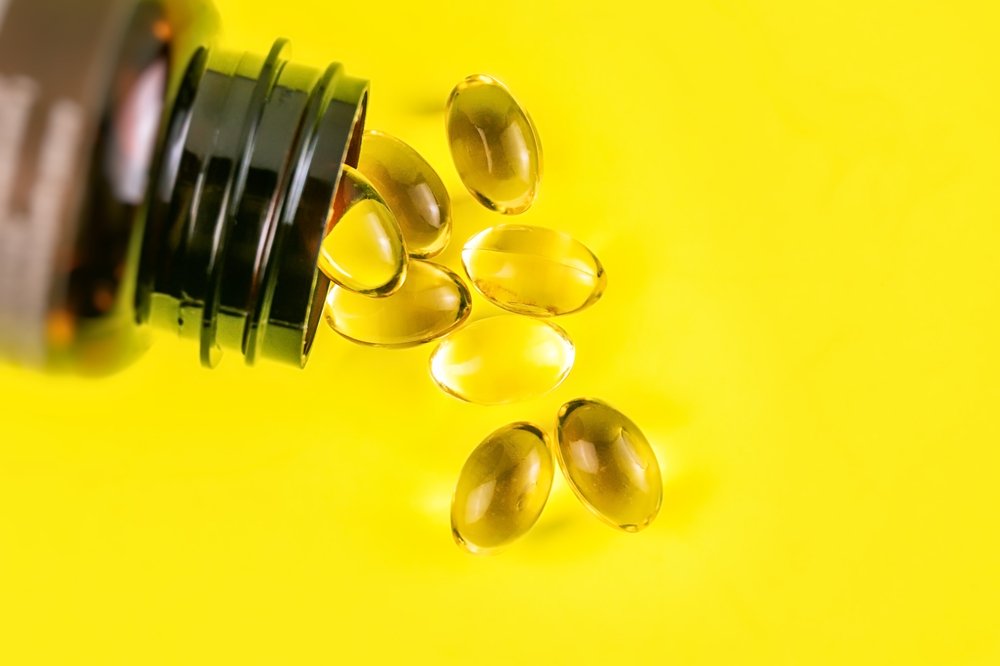
When foods rich in these healthy fats are not consumed regularly, dietary supplements can be a practical solution. These come in various forms:
- Capsules of fish oil.
- Oil of krill, more bioavailable.
- Supplements based on algae, recommended for vegan diets.
The important thing is to make sure you choose certified products, free of heavy metals, and preferably with known concentrations of EPA and DHA.
👉 A reliable and popular option is the supplement Nature Made Omega-3 – High EPA/DHA concentration, ideal for those looking to improve their cardiovascular health and maintain healthy blood fat levels. It is made with purity and quality standards and is suitable for daily consumption.
📌 Side effects and precautions ⬆️
In general, supplements of these healthy lipids like omega-3 are safe. However, mild adverse effects may occur:
- Nausea or upset stomach.
- Fishy-smelling burps.
- Metallic taste sensation.
- Risk of bleeding if taken in excess with anticoagulants.
It's essential to talk to a doctor before starting supplements, especially if you're already taking other medications or have a chronic condition.
📌 Omega 3 in special populations ⬆️
There are groups that can benefit even more from consuming these fatty acids:
- Children and adolescents: for its impact on neurological development and academic performance.
- Older adults: as part of the prevention of cognitive decline.
- People with chronic inflammatory diseases.
- Athletes: for better muscle recovery and joint health.
💡 Good fats that take care of your health from within
The essential fatty acids Omega-3 fatty acids, like the omega-3 fatty acids found in certain natural foods, are silent but powerful allies. Whether protecting your heart, supporting your memory, or reducing inflammation, their role in disease prevention is increasingly recognized by science.
Adopting a diet rich in fish, seeds, and nuts can make a big difference to your health. And if your diet is limited or your needs are greater, there are quality supplements as This is recommended that can help you maintain balance safely and conveniently.
👉 “…another essential nutrient that also strengthens the defenses and participates in key functions of the body is zinc, whose importance goes far beyond the immune system.”

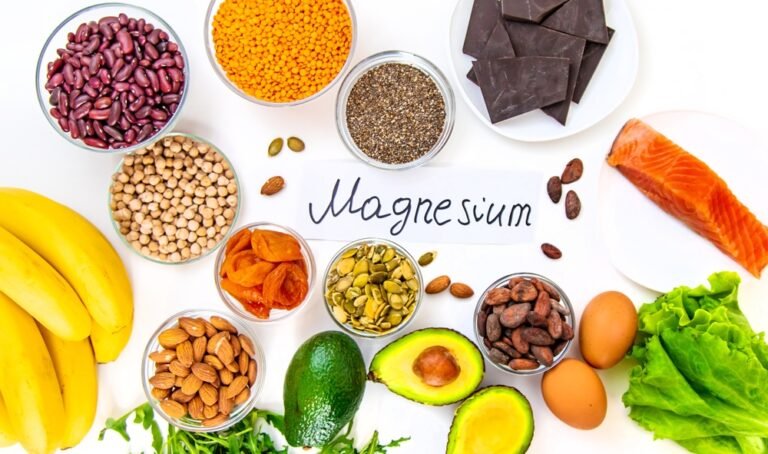
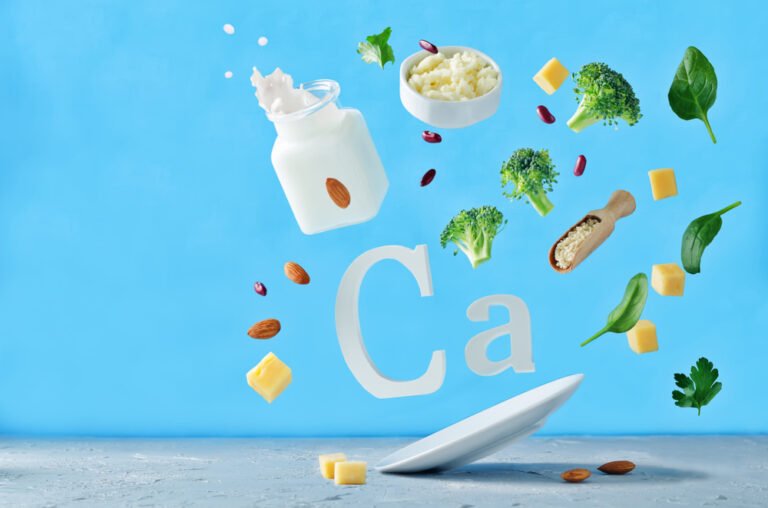

[…] strengthening the immune system, zinc works synergistically with other key nutrients, such as omega-3 fatty acids, to enhance anti-inflammatory function and maintain optimal cellular health […]